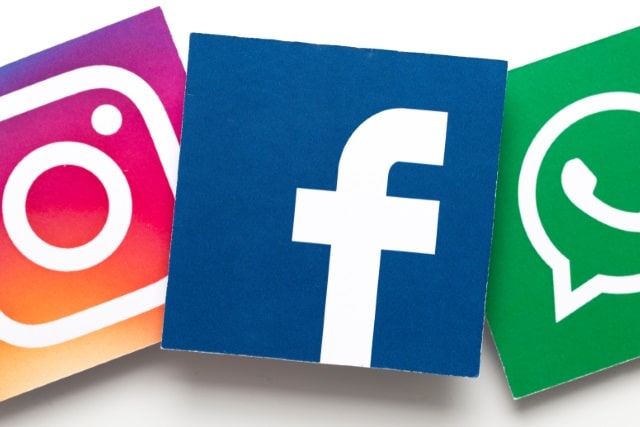
Facebook is ready to fight back against anti-vaxxers
The battle Facebook wages against the spread of fake news and misinformation could be set to expand to include removing anti-vaccination content from the social network.
The anti-vaxxer movement has long been fairly vocal, and it has found a home on Facebook. The viral spread of anti-vaccine groups on the social network has been blamed -- at least partly -- for outbreaks of measles in the US. Facing pressure to block the spread of dangerously misleading information, Facebook has said that it could demote anti-vaxxer content and remove it from recommendations.

Health experts call on Facebook to close anti-vaxxer groups
Facebook is under pressure to stem the flow of pseudoscience among its users. The social network has faced criticism and pressure about many issues including the dissemination of fake news and disinformation, and false information spread by anti-vaxxers is the latest target of concerned experts.
There has been much concern about how Facebook could be used to influence elections, but there are growing calls for the social media giant to step in and prevent anti-vaccinations groups from being used to spread false information. Despite medical evidence pointing to not only the efficacy but also the safety of vaccinations, the anti-vaxxer movement has found a home on Facebook which experts say is dangerous.
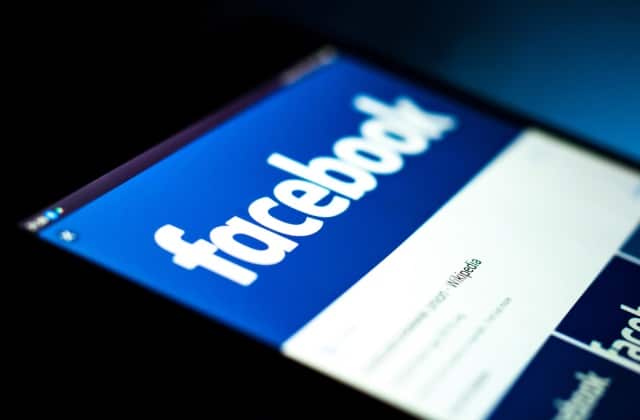
Open letter signed by Mozilla demands Facebook take 'real action' against disinformation
Mozilla has sent an open letter to Facebook calling on the social network to do more to fight disinformation and asking for increased transparency about political advertising.
The letter -- also signed by 32 other organizations including human rights and press freedom groups -- has been sent to Facebook in the run-up to the 2019 EU Parliamentary Elections. It comes after Mozilla's COO wrote to the European Commission to express her concerns about the lack of transparency at Facebook.
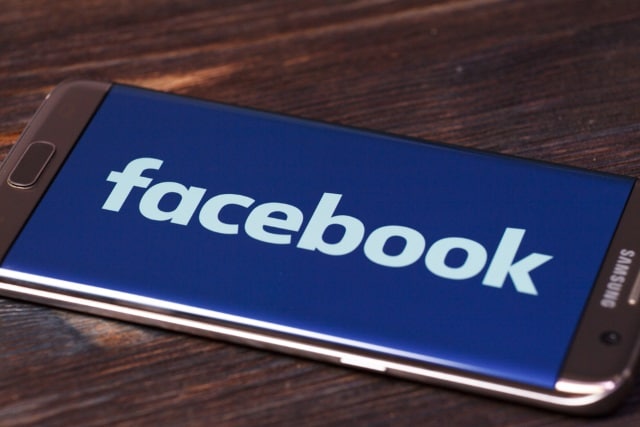
Germany bans Facebook from combining user data collected from Instagram and WhatsApp
The German cartel office, the Bundeskartellamt, has imposed new restrictions on how Facebook processes the data it gathers about users of Instagram, Facebook and WhatsApp.
Germany's antitrust watchdog has hit the social network with a ban on combining user data it gathers from different sources, unless it has explicit consent from users. While Facebook is still free to gather data about Instagram users and WhatsApp users, this data cannot be automatically combined with data gathered via a users' Facebook account.
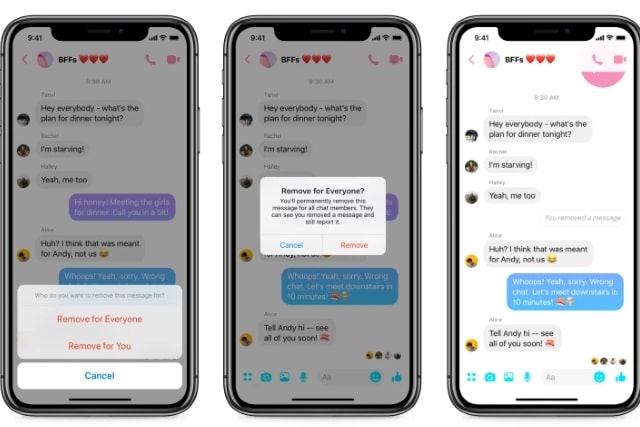
Now you can unsend messages in Facebook Messenger
Facebook said some time ago that it would be bringing an "unsend" option to Facebook Messenger, giving users the ability to delete messages they change their mind about.
Today is the day this feature finally appears with the addition of a new "Remove for everyone" option. While this will be welcomed by Facebook Messenger users, it will not please everyone; as well as there being a time limit on when messages can be deleted, there is no stealth deletion option as all chat participants are informed when a message is removed.
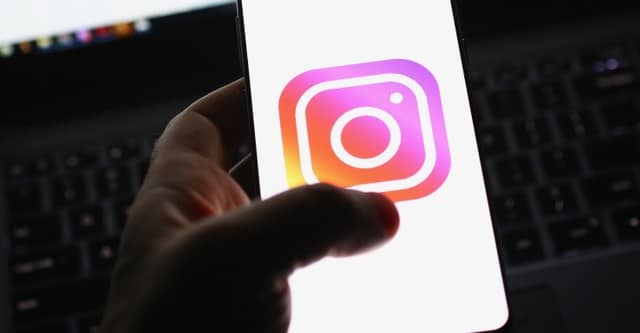
Instagram to introduce 'sensitivity screens' to hide self-harm images
The head of Instagram has announced plans to introduce "sensitivity screens" in the wake of concerns about the spread of photos of self-harm on the image-based social network.
Adam Mosseri says that Instagram will use image-blurring similar to that used on Facebook to hide graphic content. The move comes in the wake of the suicide of a British teenager, the parents of whom said self-harm images on Instagram were a contributing factor.
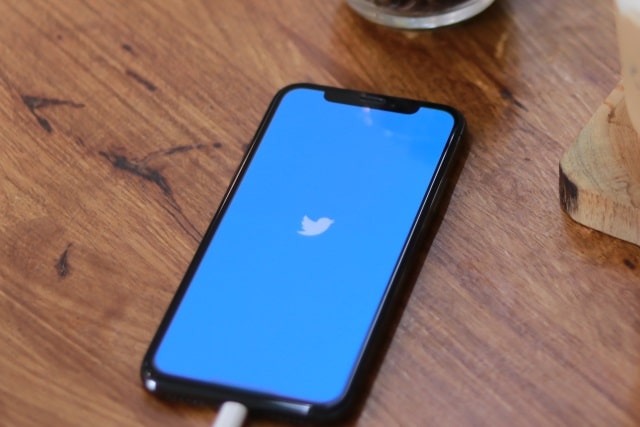
Want to edit tweets? Here's how Jack Dorsey says it could work
The ability to edit tweets is one of the most frequently requested features for Twitter. The most common reason for wanting to make edits is to fix typos, but concern has been voiced about the potential for an editing facility to be abused -- which perhaps explains Twitter's apparent reticence at rolling out such a feature without careful thought.
While tweet editing has yet to appear, there has long been speculation about how it could be implemented. In a move that is sure to fuel rumors that an edit function is just around the corner, Twitter chief Jack Dorsey has talked about how the feature could work.
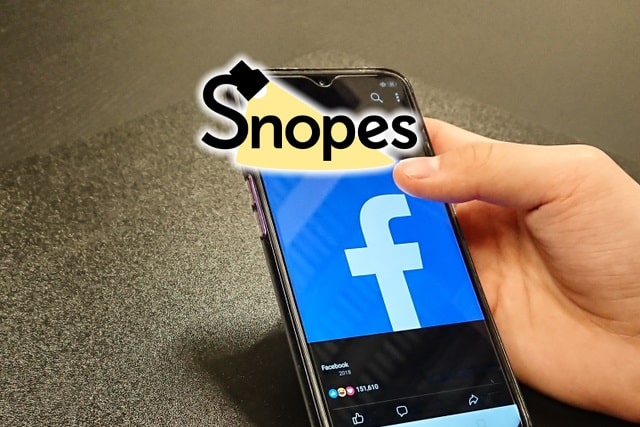
Snopes ends its fact-checking partnership with Facebook
There are numerous problems associated with Facebook, but the two that are talked about most are privacy and the spread of "fake news". To help combat the dissemination of misinformation, the social network partnered with numerous companies and news outlets to fact-check stories.
One of these partners was Snopes, the site famous for debunking myths, urban legends and fake news. But now the site has announced that it is ending its partnership with Facebook, citing " the ramifications and costs of providing third-party fact-checking services".
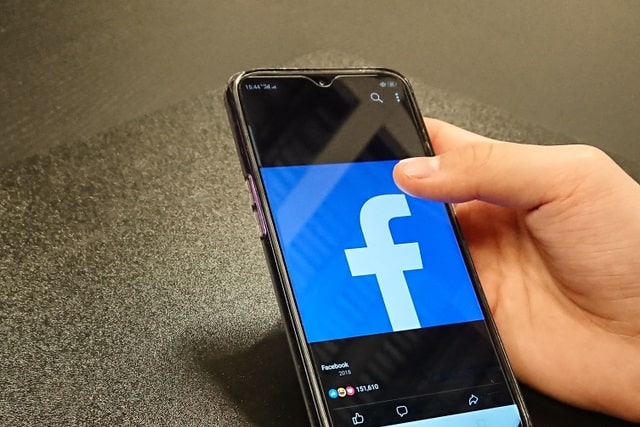
Mozilla COO contacts European Commission voicing concerns about Facebook's lack of ad transparency
Facebook has been no stranger to controversy and scandal over the years, but things have been particularly bad over the last twelve months. The latest troubles find Mozilla complaining to the European Commission about the social network's lack of transparency, particularly when it comes to political advertising.
Mozilla's Chief Operating Officer, Denelle Dixon, has penned a missive to Mariya Gabriel, the European Commissioner for Digital Economy and Society. She bemoans the fact that Facebook makes it impossible to conduct analysis of ads, and this in turn prevents Mozilla from offering full transparency to European citizens -- something it sees as important in light of the impending EU elections.
Google reveals the shutdown date for Google+ and when your data will be deleted
We've known for several weeks now that Google+ is to close down, and Google has even brought forward the shutdown date. Now the company has revealed details of the timeline for the closure.
As of next week -- February 4 specifically -- it will no longer be possible to create a Google+ account, and commenting options will be removed in March. When April rolls around, Google+ will not only close down, but data associated with consumer accounts will start to be deleted.

Facebook has been paying people to install a VPN that harvests data about them
An investigation has revealed that Facebook has been paying people aged between 13 and 35 to install a data harvesting VPN tool. The "Facebook Research" VPN was offered to iOS and Android users who were paid up to $20 per month -- plus referral commissions -- to provide the social network with near-unfettered access to phone, app and web usage data (a Root Certificate is installed to give a terrifying level of access).
As news of the activity came to light, Facebook has announced that the program (sometimes referred to as Project Atlas) is being terminated on iOS, but it seems that it will be continuing on Android. If this sounds slightly familiar, you just need to think back a few months to when Facebook's Onavo Protect VPN was kicked out of the App Store for violating Apple's data collection rules.
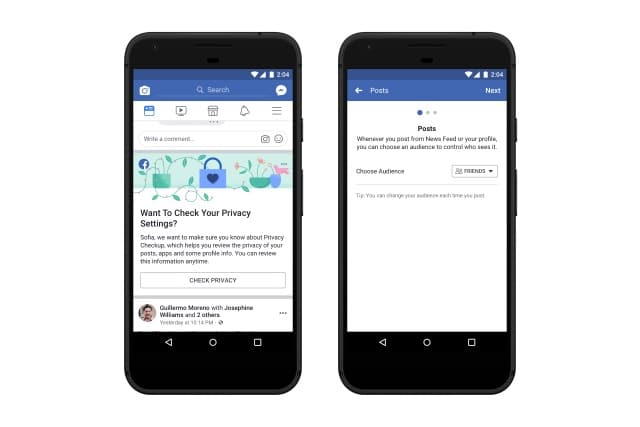
Try not to laugh -- for Data Privacy Day, Facebook wants you to take a Privacy Checkup
Facebook is not a platform that's synonymous with privacy -- far from it. In addition to the things users purposefully share with the social network and the people they are connected to on it, there have been a seemingly endless string of scandals about unauthorized third parties being granted access to private data, data being shared between apps, and so on ad nauseum.
With today being Data Privacy Day, Facebook is trying -- apparently without a faintest hint of irony -- to jump on the bandwagon. Starting today, the company is launching a new Privacy and Data Use Business Hub, as well as inviting users to take a Privacy Checkup.
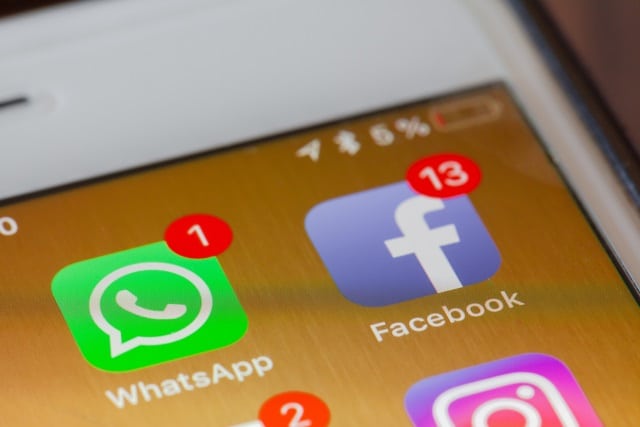
Insiders say Mark Zuckerberg plans to unify WhatsApp, Instagram and Facebook Messenger
Like Google constantly launching and closing services, the appalling disparate mess of apps produced by Facebook is something of an industry joke. Mark Zuckerberg is well-aware of this, and it seems he wants to do something about it.
Insiders at the company say plans are afoot to change the way Facebook Messenger, WhastApp and Instagram function, unifying their messaging system for better integration. On top of this, Zuckerberg also wants each of the three messaging services to feature end-to-end encryption.

Advance warning: Facebook is closing down photo-sharing app Moments in a month -- time to save your pictures!
Facebook is throwing in the towel on Moments as the company kills off yet another of its apps. The photo-sharing app will close down on February 25, meaning there's just a month left for the service.
If you're one of the relatively small number of users, you don't have long to grab a copy of the photos you want to save. Facebook has set up a special website to help you to download copies of your images.
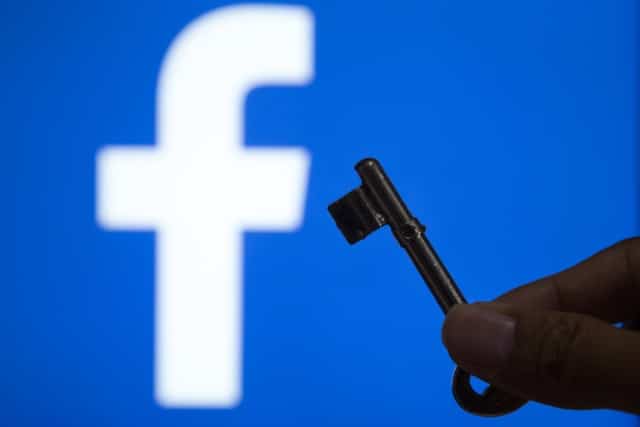
Privacy International investigation finds a huge number of Android apps share data with Facebook -- whether you have an account or not
Facebook's track record with privacy is a rocky one, but the idea of giving up some personal data is seen by many users as an acceptable price to pay for using the social network. But an investigation by Privacy International has found that many Android apps are sharing data with Facebook about people regardless of whether they are logged into their Facebook account... or even have a Facebook account at all.
The findings of the investigation raise questions about Facebook's transparency when it comes to handling user (and non-user) data, and the privacy implications of profiling by the social networking behemoth -- particularly in the wake of the Cambridge Analytica scandal.
